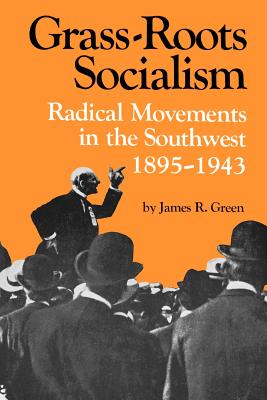| FindBook |
|
有 14 項符合
Louisiana State University Press的圖書,這是第 2 頁 |
 |
$ 1800 | Grass Roots Socialism: Radical Movements in the Southwest, 1895-1943
作者:Green 出版社:Louisiana State University Press 出版日期:1978-07-01 語言:英文 規格:平裝 / 480頁 / 22.9 x 15.2 x 2.8 cm / 普通級  看圖書介紹 看圖書介紹
|
 |
$ 453 ~ 1328 | Waugh in Abyssinia
作者:Evelyn Waugh  共 2 筆 → 查價格、看圖書介紹 共 2 筆 → 查價格、看圖書介紹
|
|
|
|











